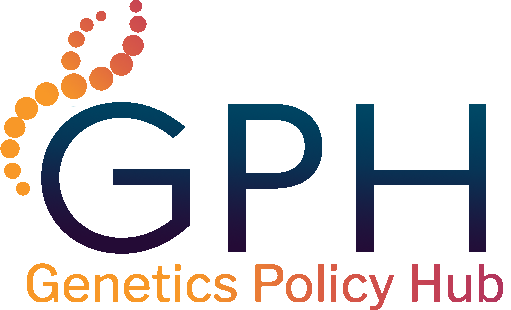From 2004 to 2024, the Health Resources and Services Administration (HRSA) funded the National Coordinating Center for the Regional Genetics Networks (NCC). NCC developed and maintained the Genetics Policy Hub.
With the conclusion of NCC funding, the Genetics Policy Hub (GPH) will no longer be updated or maintained. Information on GPH should be used for historical reference only.
Secondary Findings
Updated On Sep 19, 2024
This information is meant to be used for educational purposes to inform providers, patients, and genetic service delivery stakeholders about genetics policy topics. Sharing of information, resources, or policy statements is no way an endorsement of stated positions by NCC.
Introduction
Secondary findings are test results that provide information other medical conditions than what was originally being tested. In genetics, secondary findings are test results that provide information about changes (variants) in a gene unrelated to the primary purpose for the testing. These are unexpected diagnoses. For example:
- Benjamin injured his leg and a doctor took an x-ray to find out if there is a fracture. That x-ray shows a mass that is likely cancer. The mass would be considered a secondary finding.
There are situations where most people would agree that a provider has a duty to tell a patient about a secondary finding, such as Benjamin’s potential cancer diagnosis above. However, other situations may be considered more controversial. For example:
- Anne has cancer and needs to have a bone marrow transplant. The cancer team has asked all of her siblings to be tested to see if they are a match. In reviewing the results of the testing, the laboratory determines that one of Anne’s sisters is not her full sister. Most likely, they share a mother, but do not have the same father. Does that provider have a duty to tell Anne or the sister?
Several articles have been written about the ethics of returning secondary findings. For more information, here are links to articles published in Nature, European Journal of Human Genetics (EJHG), and the Presidential Commission for the Study of Bioethical Issues.
The decision to return secondary findings can be complex and may depend on the nature of the finding. The decision to return secondary findings may also differ based on if the person is enrolled in a research study vs. a patient receiving direct care. For example in the scenario about Benjamin and his suspicious leg mass above, what if he had been in a research study where hundreds of anonymous people had x-rays taken? Would it change the duty to tell him about the possible cancer? Should researchers be required to collect identifying information because cases like this might occur?
Legislation and Regulation
On a federal level, there are no laws or regulations that apply specifically to secondary findings in genetics. Individual institutions may have policies on whether or not their researcher are required to return findings, including secondary findings.
Are you interested in learning what your state’s government or the federal government are currently proposing for either legislation or regulation? Check out Legislative/Tracking system for up-to-date information and subscribe to our Twitter channel to get the latest updates in your pocket.
Policy Positions
Organizations working within the genetics community (national genetic organizations, advocacy organizations, etc.) have published positions on secondary findings. Explore these position statements below.

